As a mother of a toddler, I am aware of the struggle to keep an eye on a child’s screen time with screens practically everywhere.
The fact that some screen time can be educational and promote kids’ social development only serves to complicate matters.
So how can you limit screen time for toddlers? Here are some tips for controlling your child’s media and screen use.
1. Balancing Screen Time and Other Activities
Try balancing screen time with other hobbies that advance both the body and the mind. Playing outside, reading, and pretend play are all crucial for a toddler’s growth.
To encourage a well-rounded day you can plan a schedule that incorporates a range of activities throughout the day, including limited screen time.
2. 7 Tips To Manage Screen Time for Toddlers
- Set Time Checks: Strike a routine that your kid will enjoy and how much screen time your toddler is allowed each day. Like simply allowing 30 minutes of screen time after breakfast and 30 minutes after lunch.
- Select high-quality content: Screen time is not formed equally. Choose age-appropriate, educational content that promotes learning and creativity.
- Engage in screen time together: Watching or playing with your toddler can make screen time more interactive and can promote bonding.
- Create tech-free zones: Establish areas in your home where screens are not allowed, such as the bedroom or the dinner table.
- Be mindful of the timing: Avoid screen time before bed, as it can disrupt sleep.
- Ask for little things: Seek out interactive options that engage your child, rather than swiping or staring at the screen.
- Watch out: Avoid violent content, fast-paced programmes (which toddlers find difficult to understand), and apps with a lot of distracting content. Eliminate app advertising since small kids can’t distinguish the difference between it and true information.
“Your child will eventually come into contact with materials that you haven’t approved and internet without filters. Talk to them about potential scenarios and the type of behaviour you hope for their best”
3. Encouraging Digital Literacy: Benefits of Screen Time For Toddlers
Read more:https://www.beingmomandmore.com/dealing-with-picky-eaters-15-tips-for-healthy-toddler-mealtime/
- Ask them which is the favorite cartoon and why. If not given right reason you can help them choose better and learn ahead of what’s important while counting on screen time for toddlers.
- Screens can be an excellent tool for education and pleasure, but moderation is key. So pick those games or cartoons that benefits brain rather aggravates it.
- To develop good habits in children, you can set limitations on your own screen time. After all, they learn what they see.
- Pick a set of questions to know what the kid learned out of 30 minute4s of screen time.
- Try help them what to notice or observe in a cartoon. No nonsense will help you set the right rules and more results.
- Yes, it may be difficult but try to describe how various forms of technology collect data to send users advertisements or to generate revenue that can create an idea that everything they see is not for good and to adapt.
4. Risks of Excessive Screen Time for Toddlers
We all are aware that regular exposure and excessive screen time has been associated with:
- Obesity
- Inadequate sleep schedules and insufficient sleep
- Behaviour problems
- Delays in language and social skills development
- Violence
- Attention problems
- Less time learning
Read more:https://www.beingmomandmore.com/13-brain-boosting-activities-for-preschoolers/
- Screen time for infants is discouraged completely, except for video chatting with family and friends.
- If you want your child to get in touch with digital media between the ages of 18 and 24 months, be sure it is of high quality, and that they use it with an adult, for a total of 30 minutes a day.
- Screen Time for Toddlers is a maximum of 1-2 hours per day of high-quality programming. Co-view with your child, and help them understand what they’re seeing and implement the same in their playtime.
- Try consistent limits on the screen time of children aged 6 years and older and the types of media they are watching and learning from.
- Ensure that the media is not interfering with enough sleep, physical activity and other behaviours essential to health.
It’s important to remember that these are general guidelines, and you should choose what is appropriate for your child’s age, maturity, interests, and needs.
Teach your child not to send or share anything online without your consent till the time you think they are smart or mature, and monitor his or her online and social media behaviour.
Your child will undoubtedly make mistakes when using online resources. Talk to your kiddos and assist them in learning.
Also, set a good example. Keep in mind that the little one is observing you to learn from you about when and how to use devices.
Encouraging physical activity and other healthy behaviours is crucial for your child’s overall well-being.
Finally, model healthy media habits yourselves and establish a family media plan that takes into account the specific needs and habits of screen time for toddlers
that can motivate them to enjoy while being healthy and fit.
Hope it helps!



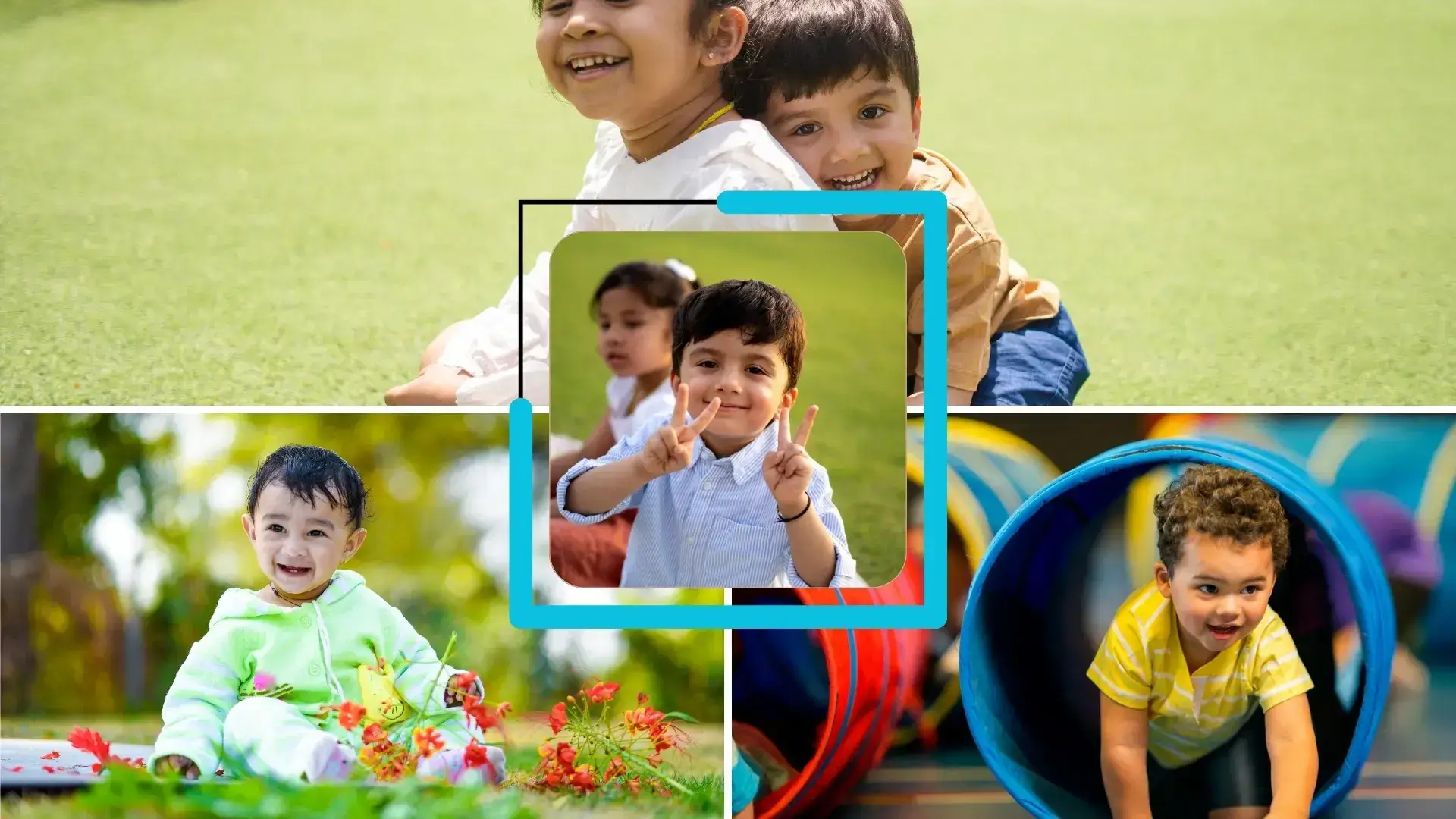
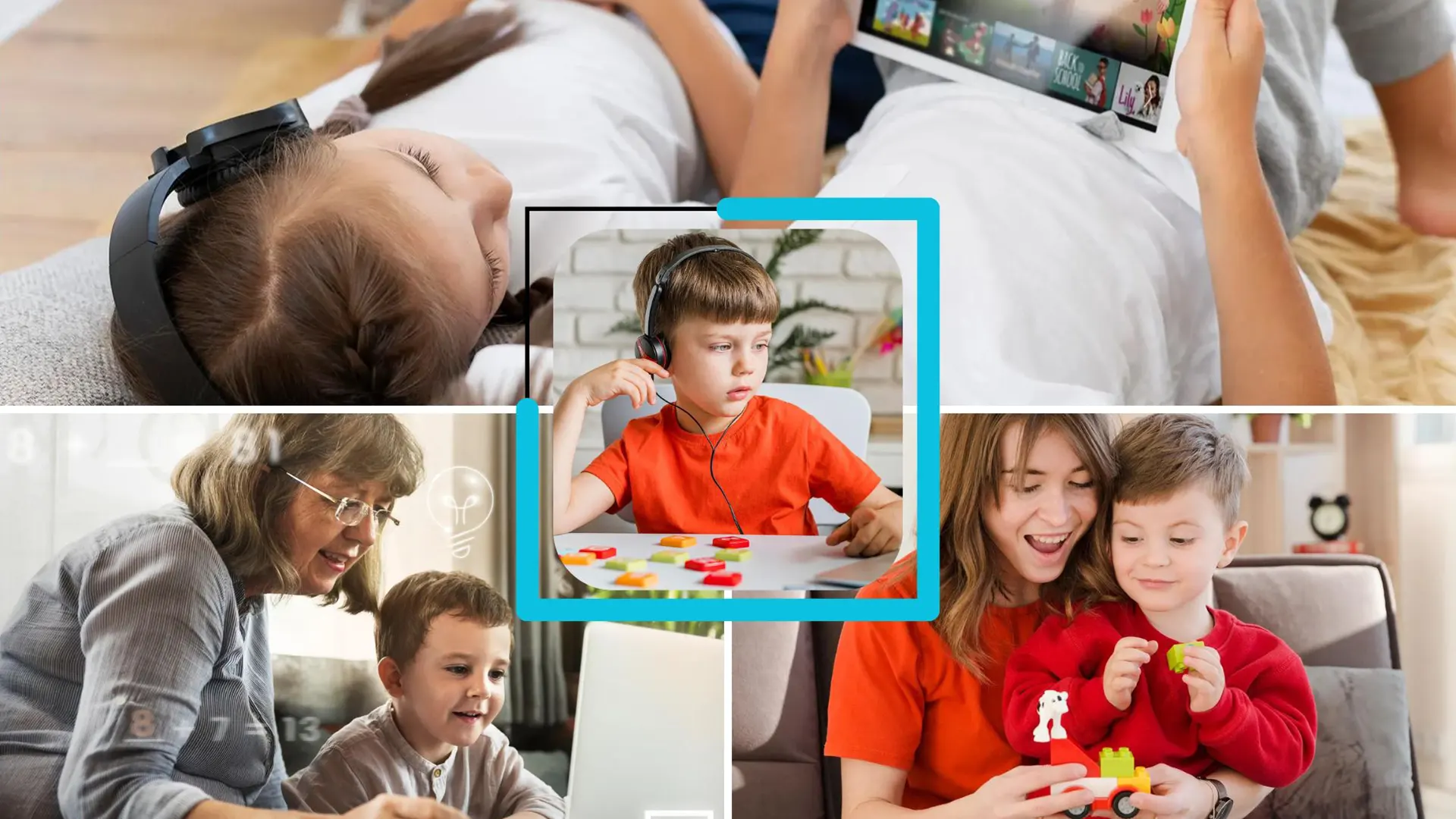














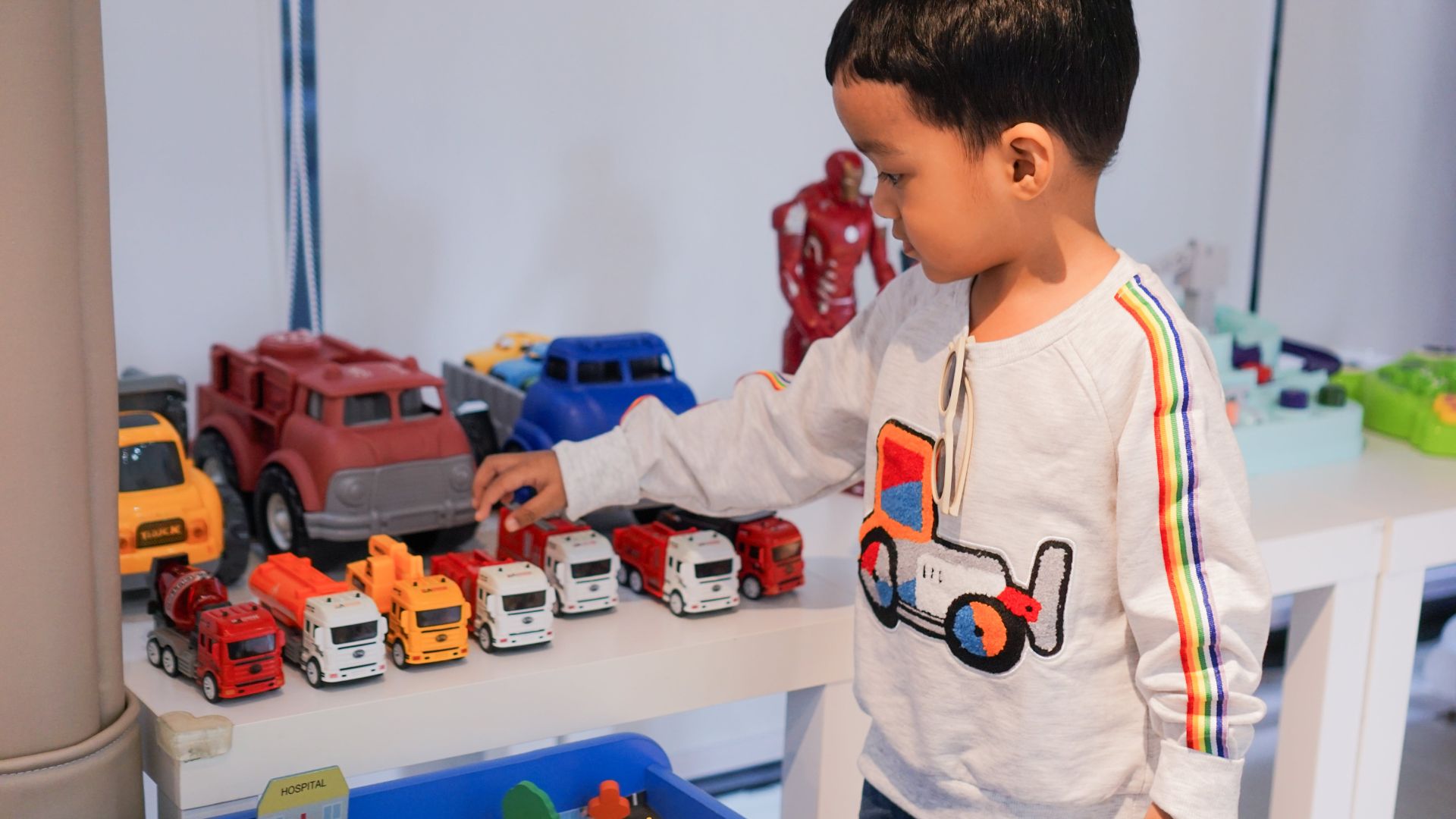


























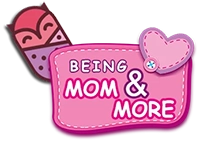


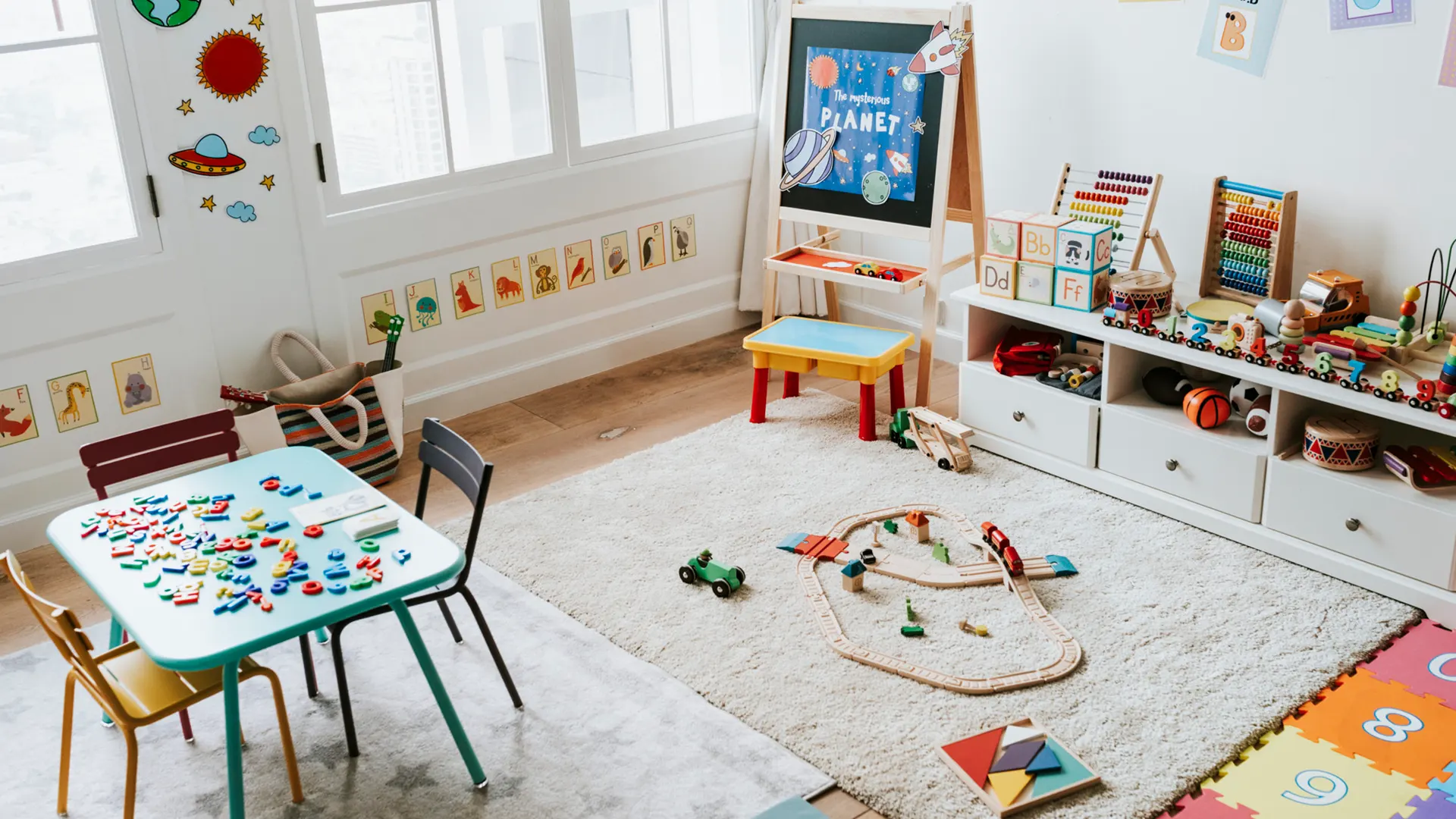







Leave a Comment